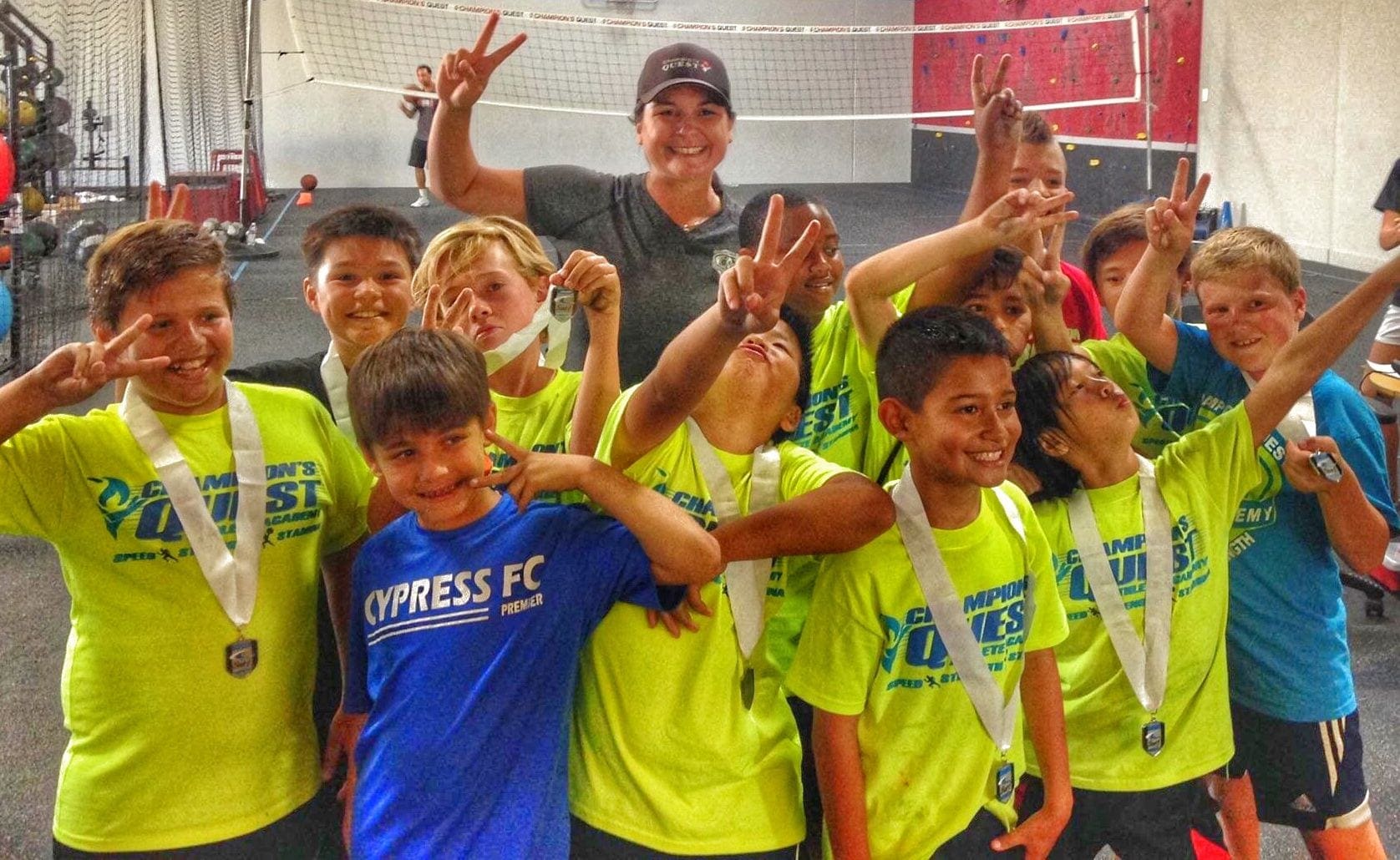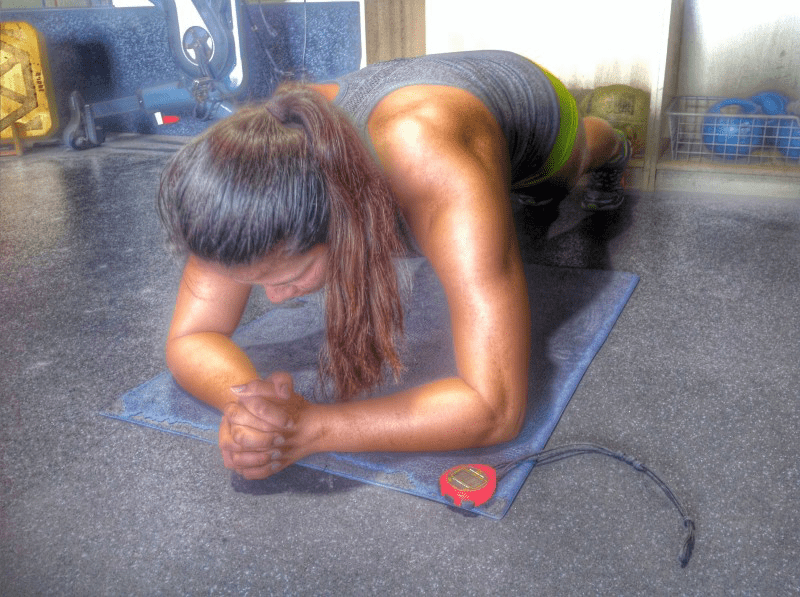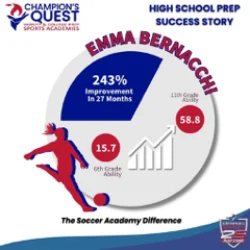Busy VS Burnout Part II: 3 stages of development
By: Kyle Ertel
How do you know if your athlete is in danger of a burnout? This is a very common question asked in our sports-crazed society today where there is growing pressure for kids to excel and get too serious about their sport at a young age. There are 3 stages in the development of an athlete. The first two are healthy and will keep your athlete happy and excited about their sport, the third leads directly to burnout:

FUN/FUN Stage. This is the stage when an athlete is first introduced to their sport. They can’t get enough of playing that sport and would do it 24/7 if they could. They enjoy hanging out with their friends who they play with and don’t experience competitive or performance pressures of any kind. FUN is what initially attracts kids to the sport and it’s the FUN that serves as the glue that will keep the athlete attached to the sport in the long run.
SERIOUS/FUN Stage. This is the stage when an athlete joins their first real competitive team and moves beyond the recreational sports programs. They start to receive more knowledgeable coaching on proper technique and strategy. Competitive pressures are introduced in this stage and the athlete learns to manage both winning and losing. While the sport still remains extremely fun, the athlete begins to dedicate significantly more time, energy, and hard work to hone their craft. At this point, the athlete may also have developed some personal goals that they feel committed to pursuing and achieving in relation to their sport. This is the only stage where an athlete will be capable of truly of developing their full athletic identity, a solid sense of self-esteem and numerous other beneficial life-skills.
 SERIOUS/SERIOUS Stage. This is the stage when an athlete becomes a high risk to burnout. In this stage, there is too much pressure put on the athlete and the passion and fun that they had for the sport is gradually disappearing. Goals and ambitions that an athlete once had no longer hold their motivational power and performance begins to decline. Outside attempts from parents and coaches to help the athlete get back on track typically do not work because they have lost their way from the inside. At this stage, the best bet is to somehow help the athlete recapture the fun that was once theirs (if possible) or to supportively and lovingly help them find another sport or activity to get involved with.
SERIOUS/SERIOUS Stage. This is the stage when an athlete becomes a high risk to burnout. In this stage, there is too much pressure put on the athlete and the passion and fun that they had for the sport is gradually disappearing. Goals and ambitions that an athlete once had no longer hold their motivational power and performance begins to decline. Outside attempts from parents and coaches to help the athlete get back on track typically do not work because they have lost their way from the inside. At this stage, the best bet is to somehow help the athlete recapture the fun that was once theirs (if possible) or to supportively and lovingly help them find another sport or activity to get involved with.


